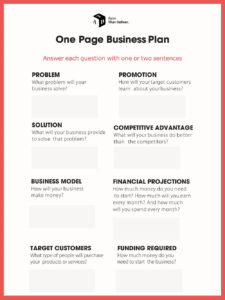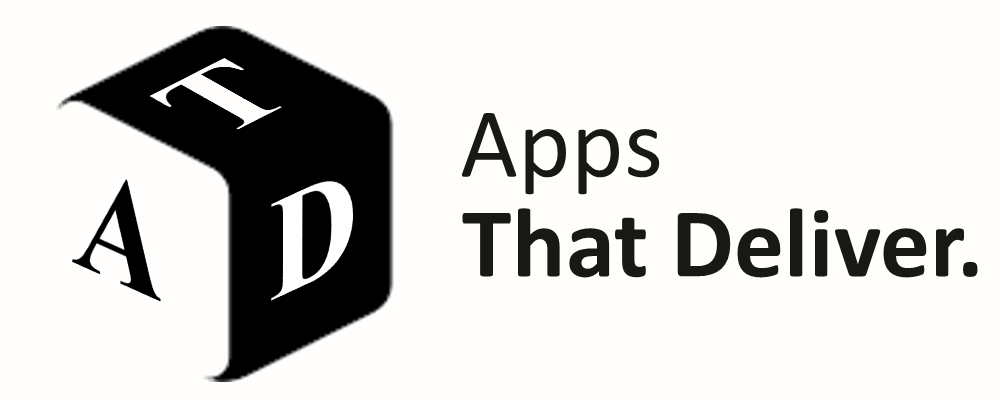Starting your own company, regardless of its location, can be very daunting. There is a great deal to consider prior to, during, and after the organization’s inception. That is why it is important to select your startup location carefully.
Since making the incorrect choice can result in the demise of your idea before it even gets off the ground.
To begin, the state’s tax environment is extremely business-friendly. Wyoming has no corporate income tax, no individual income tax, and no gross receipts tax. Not only that, Wyoming’s sales tax rate is among the highest in the country at 25%.
Complete Guide: How to Start a Painting Business
Wyoming also has the fourth-highest rate of new entrepreneurs in the world, which means you’ll be joining a vibrant community if you want to build a business here. There is a sizable opportunity pool and many opportunities to connect with business partners and mentors alike.
How To Start A Painting Business In Wyoming:
- Getting Started
- Write a Business Plan
- Name and Legal Structure in Business
- How to Register your Painting Business Name in Wyoming
- Employer’s Identification Number
- Open a Business Checking Account
- Get Liability Insurance
- Get Health Insurance
- Final Thoughts
Getting Started
Are you considering starting a house painting business in Wyoming? That is fantastic news! Beginning a painting company can be an extremely satisfying venture. However, before you pick up your paintbrush and immediately begin painting the best houses on the block, let’s examine what it takes to start a painting business.
There are several critical steps to take before officially opening your painting company in Wyoming, from developing a strong business plan to assembling the right team. Let us begin!
Write a Business Plan
A business plan outlines how a business can accomplish its objectives. Writing a business plan is a critical first step for everyone starting a business. Having these measurable benchmarks in place would assist in tracking the progress of the business. There are several types of business plans, and the best business plans are dynamic documents that adapt to changing conditions in real-time.
If you have an idea for a new company, a business plan will assist you in determining if your business is viable. There is no point in beginning a company if there is little or no hope of profitability, and a business plan assists in determining the chances of success.

Create a One-Page Business Plan
You should be able to complete your one-page business plan in less than 20 minutes. It’s super-simple: Print our free PDF template and write down one to two sentences to the questions in the free template below:
Download template: PDF
Name and Legal Structure in Business
Choosing the appropriate legal structure is a vital component of the business. If you’re starting or expanding your business, it’s critical to understand your options.
Although each state recognizes a variety of business organizations, the majority of entrepreneurs will select one of the following five: corporations, general partnerships, limited liability companies, limited liability partnerships, and sole proprietorships.
Sole Proprietorships
A sole proprietorship is an unincorporated corporation with a single proprietor or two married partners. This is the default entity form if you’re the sole proprietor of a company, and you usually do not need to register with your state. Depending on the type of company you operate, you might be required to obtain a business license or permit.
Consultants and freelancers are often sole proprietors. You file a single tax return for this corporate entity rather than separate business and personal tax returns. If your company is sued, your personal properties can be at risk.
General Partnerships
A general partnership is an unincorporated company with two or more members, each of whom manages the business and shares profits. It is the default mode of ownership for multi-owner companies. As is the case for a sole proprietorship, your personal assets will be at risk if your company is sued, but the risk is shared by all shareholders.
Freebie: Business Card Templates for Painting Contractors
Limited Partnership
A limited partnership is a form of business company that is registered with the state. This entity has two groups of shareholders: general partners who run the business actively and assume responsibility for it, and limited partners who serve solely as investors without managing the business, thus limiting their liability and tax burden.
While partnerships are required to file returns to disclose their revenue, deductions, gains, and losses, they are not required to pay income tax. Profits and expenses are distributed to partners.
Corporations
A company is a self-contained legal organization that serves as a barrier between personal and business properties. A company, also known as a C corporation, is a legal entity that consists of shareholders, a board of directors, and officers. The process of forming a company is more complex than that of forming a sole proprietorship or partnership; there is additional paperwork and fees. One disadvantage of a C company is that income may be taxed twice—once upon receipt of the profits and again upon distribution of dividends.
S corporations are a form of organization that benefits from pass-through taxation. Profits are transferred on to the owners’ personal income tax-free. It removes the potential for double taxation associated with C companies. S companies cannot have more than 100 members, all of whom must be citizens of the United States.
Limited Liability Companies
Liability security is provided by Limited Liability Companies (LLCs). They’re easier to form than corporations, and you can pick whether the company is taxed as a corporation or a pass-through entity. LLCs may have one or more owners (referred to collectively as members), making them a viable alternative to sole proprietorship for freelancers and other small business owners.
Wyoming Secretary of State
How to Register your Painting Business Name in Wyoming
Registration of a trade name is an official and public way of registering a company name with Wyoming State. A trade name is also known as a supposed name, fictitious business name, or DBA (Doing Business As).
Trade names allow sole ownerships and general partnerships to be operating under a name other than the name of the owner or owners (s). For corporate, corporations S, limited liability corporations (LLCs), limited partnerships (LPs), and nonprofit corporations. DBA allows you to trade under a name other than the official name of your company included in your corporation’s incorporation papers, LLC, LP, LLP, or non-profit organization.
After the registration of a trade name has been licensed, the company can use the name as its official business name and…
- Open a business checking account
- Create personalized stationery or business cards.
- Develop ads and/or list the company in directories
- Transact on behalf of the corporation
Wyoming Department of Revenue
Employer’s Identification Number
Employer Identification Number is an abbreviation for Employer Identification Number. It is also known as a Federal Employer Identification Number, FEIN, Federal Tax Identification Number, or Federal Tax ID Number. This is a unique nine-digit number that functions similarly to an individual’s social security number but is used to identify a company.
The EIN is needed primarily for employment purposes, as it serves as the account for payroll taxes, income tax withholdings, and unemployment taxes.
The EIN can also be used for the following purposes:
- Opening a bank account – Banks need an EIN (or a Social Security number in the absence of an EIN) before opening a business bank account.
- Applying for business licenses and permits – Prior to filing an application for most Wyoming business licenses and permits, the EIN (or SSN in some cases) will be needed.
- Reporting tax returns – The EIN is used to describe the company when filing state and federal tax returns.
Open a Business Checking Account
Although it may seem to be more convenient to use your personal bank account for your new company, opening a business checking account is a better option. This is why.
- A company checking account is used exclusively for business purposes, such as receiving customer payments and paying staff and suppliers.
- Although not all companies are expected to open a business checking account, doing so has a number of benefits, including – but not limited to – personal liability insurance, reduced tax headaches, and a more professional image.
- It’s not difficult to find the right bank if you know what to look for and what questions to ask.
Get Liability Insurance
General liability insurance, also known as Commercial General Liability (CGL), covers the company from allegations of personal harm, related medical expenses, and property damage made by another individual or business. The following are some examples of topics that should be covered:
Bodily injury: On a cold winter day, a client was leaving the offices of a small law firm. Outside the office, the client slipped and fell on the pavement. The painting contractor was held responsible for her injury due to their failure to clear the sidewalks properly. General liability insurance can cover legal services against third-party lawsuits for bodily injury, medical expenses, and property damage.
Property damage: A painter measures the wall length in a client’s home. Their ladder collapses, knocking some valuable antiques to the floor and shattering them. The painter’s general liability insurance policy can cover the cost of replacing the products.
Accidental property damage: A property damage occurred when a painting consultant visited a prospective client’s home to discuss a proposal. The consultant knocked over and broke an expensive lamp on the client’s table accidentally. General liability insurance can cover research consultants against third-party lawsuits for bodily injury, medical expenses, and property damage.
Get Health Insurance
If you own a small company, offering health benefits can be an excellent opportunity for hiring and retaining employees. However, unlike large corporations with a sizable workforce, small businesses have unique health care requirements, especially if you have a minimal budget or just a few employees.
Small business health insurance providers provide customizable policies, superior customer support, and an extensive provider network. Additionally, they offer membership benefits, including fitness discounts and rewards.
Final Thoughts
If you are enthusiastic about beginning a painting company or about the physical activity and the craft of painting or both, it is a perfect time to get into this booming industry.
Though there will undoubtedly be obstacles along the way, starting a painting company is an enjoyable and efficient way to become a small business owner.
Read our complete guide on How to Start a Painting Business


